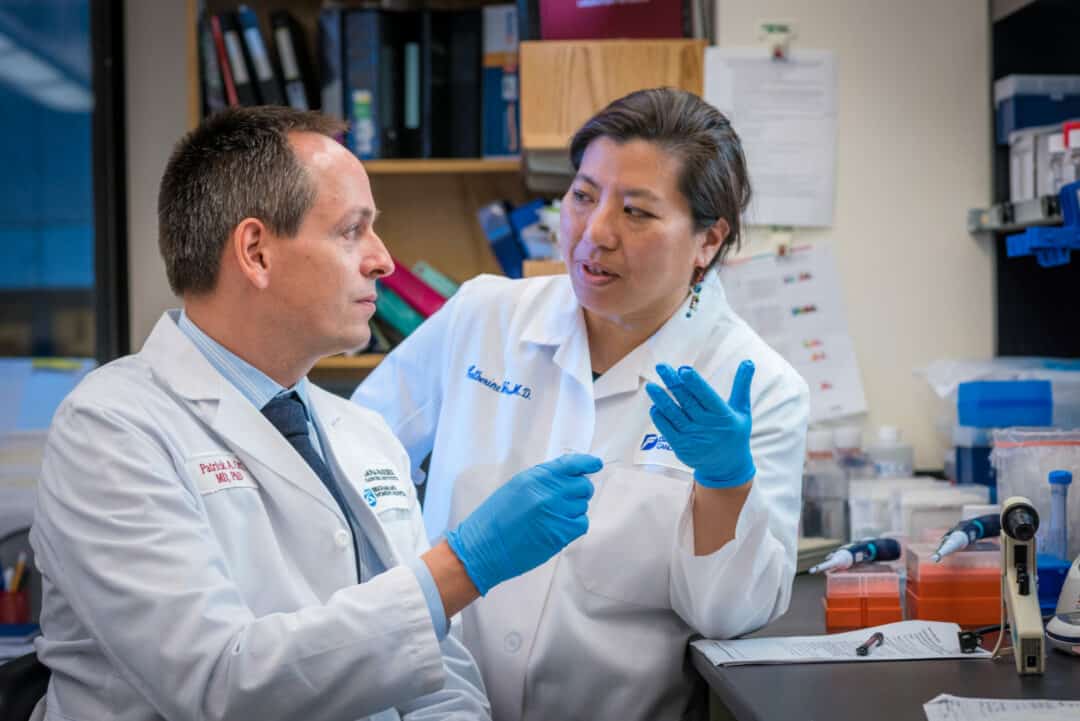This is according to a study that analysed the experiences of doctors and patients in these clinically challenging situations. The article was recently published in The Oncologist.
The article is based on semi-structured interviews with seven cancer patients who have refused oncological treatment and used alternative medicine instead. They use, for example, natural preparations such as food supplements and botanicals, meditation, yoga, acupuncture, dietary changes, lifestyle changes, detoxification courses or kinesiology. Some ten oncologists and palliative care specialists were also interviewed.


Dialogue essential for patient safety
The study found that in terms of treatment choice, there was a dissonance between doctors’ focus on medical reasoning and patients’ expression of complex values. Physicians’ difficulties in understanding patients’ treatment choices were exacerbated when patients considered using alternative methods to try to replace the treatment offered by the cancer care system, further deteriorating communication.
– “Unequal roles could result in confrontations that risked pushing both parties towards extreme and inflexible positions. However, despite these challenges around treatment choices and hierarchical roles, both parties felt that open and respectful communication was crucial to the relationship and treatment choices,” says Kathrin Wode, oncologist, MD and process manager integrative cancer care RCC Stockholm-Gotland.
– “The patients also expressed the importance of receiving interest and feeling listened to. Their desire for support from health care professionals also regarding choices about CAM indicated that they preferred shared decision-making,” says Johanna Hök Nordberg, pharmacist, MD and process manager integrative cancer care RCC Stockholm-Gotland.
Preference for care strategies that include both disease and health
In the study, participants expressed the importance that both conventional and CAM treatments should both fight cancer and strengthen health. Several patients emphasised their desire to actively contribute to their own health and treatment, for example through lifestyle changes. As well as addressing psychological and social aspects of the disease. All patients criticised conventional cancer care for lacking a holistic perspective.
Need for increased knowledge of complementary therapies
The results of the study point to the need to recognise the complexity of these situations and pay attention to patients’ values rather than to the evidence of conventional cancer treatment.
– “This requires an increased awareness among physicians of patients’ values that lead to decisions that are difficult to understand from a purely medical perspective. It also requires improved knowledge of complementary and alternative medicine (CAM). “Some doctors wanted better professional support and an opportunity to offer a broader team of healthcare professionals with expertise in CAM,” says Kathrin Wode.
RCC Stockholm-Gotland has financed the study. The authors of the article are:
- Johanna Hök Nordberg (pharmacist, MD and process manager for integrative cancer care)
- Kathrin Wode (oncologist, MD and process manager for integrative cancer care RCC Stockholm Gotland)
- Lena Sharp (oncology nurse, MD and head of RCC Stockholm Gotland)
- Per Fransson (professor of oncological nursing at Umeå University)
Read the full article in The Oncologist.





